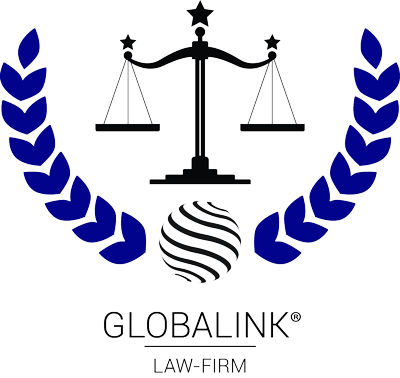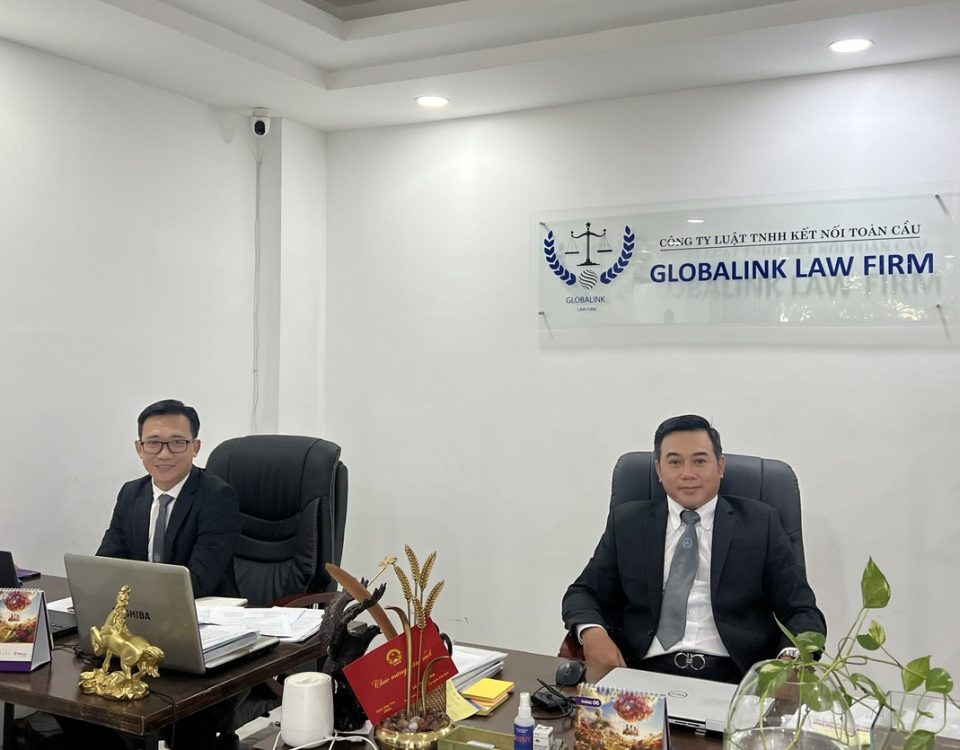- Have a question?
- +84 908 173 988
- tienvu.globalinklaw@gmail.com
E-Commerce Business

Globalink Law Firm – Your Partner in E-Commerce Business
With the strong trend of digital transformation across all sectors of life and the rapidly increasing pace of change, e-commerce (“EC”) has become a crucial and central factor in business operations in Vietnam and around the world. At Globalink Law Firm, we are proud to offer optimal legal services and solutions specifically tailored to the e-commerce sector, helping e-commerce businesses achieve their business goals while ensuring compliance with current legal regulations.
Globalink shares the legal framework for E-commerce as regulated in Decree 52/2013/ND-CP, as amended by Decree 85/2021/ND-CP (dated September 25, 2021).
- Scope and Applicability:
Decree 52/2013/ND-CP regulates the development, application, and management of e-commerce and applies to:
- Vietnamese traders, organizations, and individuals.
- Foreign individuals residing in Vietnam.
- Foreign traders and organizations with a presence in Vietnam.
This Decree excludes e-commerce activities in the areas of financial services, banking, credit, insurance, lotteries; buying and selling money, gold, foreign currencies, and other payment methods; betting or gambling services; services distributing or broadcasting digital content, radio, and television, as regulated in specialized laws not covered by this Decree.
- Prohibited Acts in E-Commerce and Online Sales:
The Decree has strict provisions to protect transparency and safety in e-commerce transactions, outlining prohibited actions related to e-commerce business activities, e-commerce information, and transactions. These include:
- Prohibiting the sale of counterfeit goods, banned goods, or violations of intellectual property rights.
- Falsifying information or providing false data.
- Using, disclosing, or selling personal information without consent.
Reference to Article 4. Prohibited Acts in E-Commerce Activities:
- Violation of e-commerce business activities, including: a) Organizing marketing networks for e-commerce services where participants must pay an initial fee to buy services and receive commissions, rewards, or other economic benefits for recruiting others into the network. b) Exploiting e-commerce to sell counterfeit goods or intellectual property infringing products. c) Using e-commerce to illegally raise funds from other traders, organizations, or individuals. d) Providing e-commerce services or monitoring, evaluating, and certifying e-commerce services without registration or authorization. e) Providing e-commerce services contrary to the registered information. f) Dishonest practices or providing false information during the process of notifying e-commerce website establishment or registering e-commerce services.
- Responsibilities of E-Commerce Participants:
Participants in e-commerce need to fulfill obligations related to providing information and protecting customer data, as outlined by the law:
- E-commerce website owners must notify the Ministry of Industry and Trade, publicly disclose information transparently, and ensure compliance with personal data protection laws.
- E-commerce trading platforms must monitor and assist in resolving disputes while protecting consumer rights.
Reference to Article 27. Responsibilities of E-Commerce Website Owners:
- Notify the Ministry of Industry and Trade about the establishment of e-commerce websites.
- Provide accurate and complete information on the website as required.
- Comply with regulations on protecting customer personal information.
- Management of Electronic Contracts:
Electronic contracts hold legal value if they ensure integrity and accessibility when needed. However, electronic contracts stored and exchanged online are vulnerable to hacker attacks, leading to risks of data leakage or loss. Many businesses have not invested sufficiently in security systems, making information in electronic contracts susceptible to theft or unauthorized alterations. The enforcement of regulations on data security and transaction information protection has not been strictly followed. Many businesses, especially small and medium-sized enterprises, are not familiar with the use of electronic contracts or the associated legal procedures.
Article 9. Legal Value as an Original Document:
Electronic documents in commercial transactions have the same legal value as the original if the following conditions are met: a) Adequate assurance of the document’s integrity from the time the information is first created in electronic form. b) The information in the electronic document must be accessible and usable in its complete form when needed.
Globalink – With a dynamic team of young lawyers full of energy, equipped with in-depth knowledge of technology and e-commerce, along with experienced litigators and consultants, Globalink provides optimal legal solutions for businesses in this sector, such as:
- Consulting, registering, and setting up e-commerce websites.
- Developing transparent operating regulations and transaction conditions.
- Assisting in resolving disputes and legal risks in e-commerce transactions.
Let Globalink be your trusted partner to accompany e-commerce businesses and startups through every challenge in the digital transformation era. Contact Globalink now at 0908173988 for expert and personalized advice.



